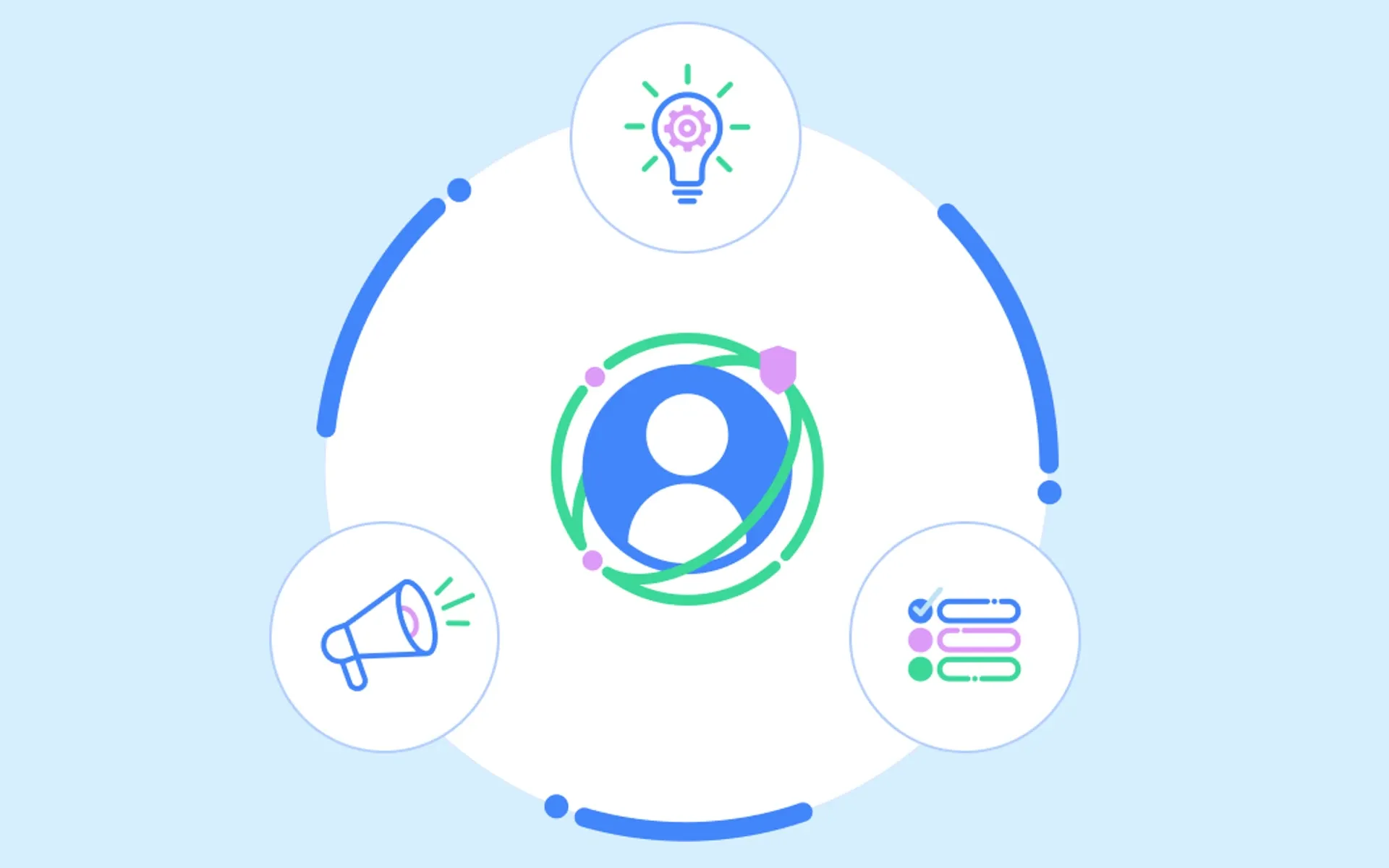Google expands Privacy Sandbox: 90-day interest groups, deals, and click data
Google extends Privacy Sandbox interest group lifetime to 90 days, adds deal support and click data for improved ad targeting.

Google this week has announced significant updates to its Privacy Sandbox initiative, expanding capabilities for advertisers while maintaining user privacy protections. The changes, set to roll out in the coming months, include extending the maximum lifetime of interest groups, introducing deal support, and incorporating new data signals for ad targeting.
Extended Interest Group Lifetime
The most notable change is the extension of the maximum lifetime for interest groups from 30 to 90 days. Amit Varia, Director of Product Management for Privacy Sandbox at Google, explained, "We've heard from ad tech companies that the 30-day lifespan limits their ability to support advertisers with products that have longer purchase lifecycles, such as travel or automotive."
This extension will be implemented by updating the 'lifetimeMs' attribute of interest groups. The new maximum will be 90 days (7,776,000,000 milliseconds), up from the current 30 days (2,592,000,000 milliseconds). Advertisers can set any value up to this new limit.
Enhanced Deal Support
Google is introducing support for deals, also known as Private Marketplace (PMP), within the Protected Audience API. This feature will allow for better integration of curated access and preferred pricing agreements between buyers and sellers. Deal IDs and seat IDs can now be registered in the interest group configuration, enabling more sophisticated programmatic deal executions.
New "Clickiness" Signals
Advertisers will gain access to limited cross-site "clickiness" data, indicating a user's propensity to interact with ads. This feature aims to help optimize bidding strategies without compromising individual user privacy.
View and Click Data System
A new system for recording and utilizing view and click events within the Privacy Sandbox framework has been introduced. This allows ad tech companies to register views and clicks with the browser, which can then be used in aggregated form during the bidding process.
Additional Bid Keys for Negative Targeting
The update includes support for "negative interest groups" and "additional bid keys," enabling more refined ad targeting and the ability to exclude certain audience segments.
React Components in Artifacts
For developers, Google has added support for React components within artifacts, allowing for more dynamic and interactive ad creatives.
Industry Reactions
Andrew Pascoe, VP of Data Science and Engineering at NextRoll, commented, "We're excited that interest group duration is being increased to 90 days. This will support advertisers with longer sales cycles and has the potential to improve performance metrics more broadly across the ecosystem."
Mike McNeeley, SVP of Product at Index Exchange, stated, "Integrating deal information into the Protected Audience API is promising, as it allows publishers and advertisers to sustain their partnerships while emphasizing user privacy."
Privacy Considerations
Despite these expansions, Google emphasizes that strong privacy protections remain in place. Interest groups continue to be managed entirely on-device, with no individual user data shared with external servers. The new features, including view and click data, are subject to k-anonymity requirements and other privacy-preserving measures.
Next Steps
Google encourages continued testing and feedback from the ad tech community as these changes are implemented. Developers can find detailed documentation on the Privacy Sandbox website and GitHub repository.
The company states that these updates reflect years of engagement with developers, businesses, users, advocates, and regulators, as it works towards phasing out third-party cookies in Chrome.
Key Facts
- Interest group maximum lifetime extended from 30 to 90 days
- Enhanced deal support for Private Marketplace integrations
- New "clickiness" signals and view/click data system introduced
- Support for negative targeting and additional bid keys
- React components now supported in artifacts
- Updates maintain privacy protections, including on-device processing and k-anonymity requirements

